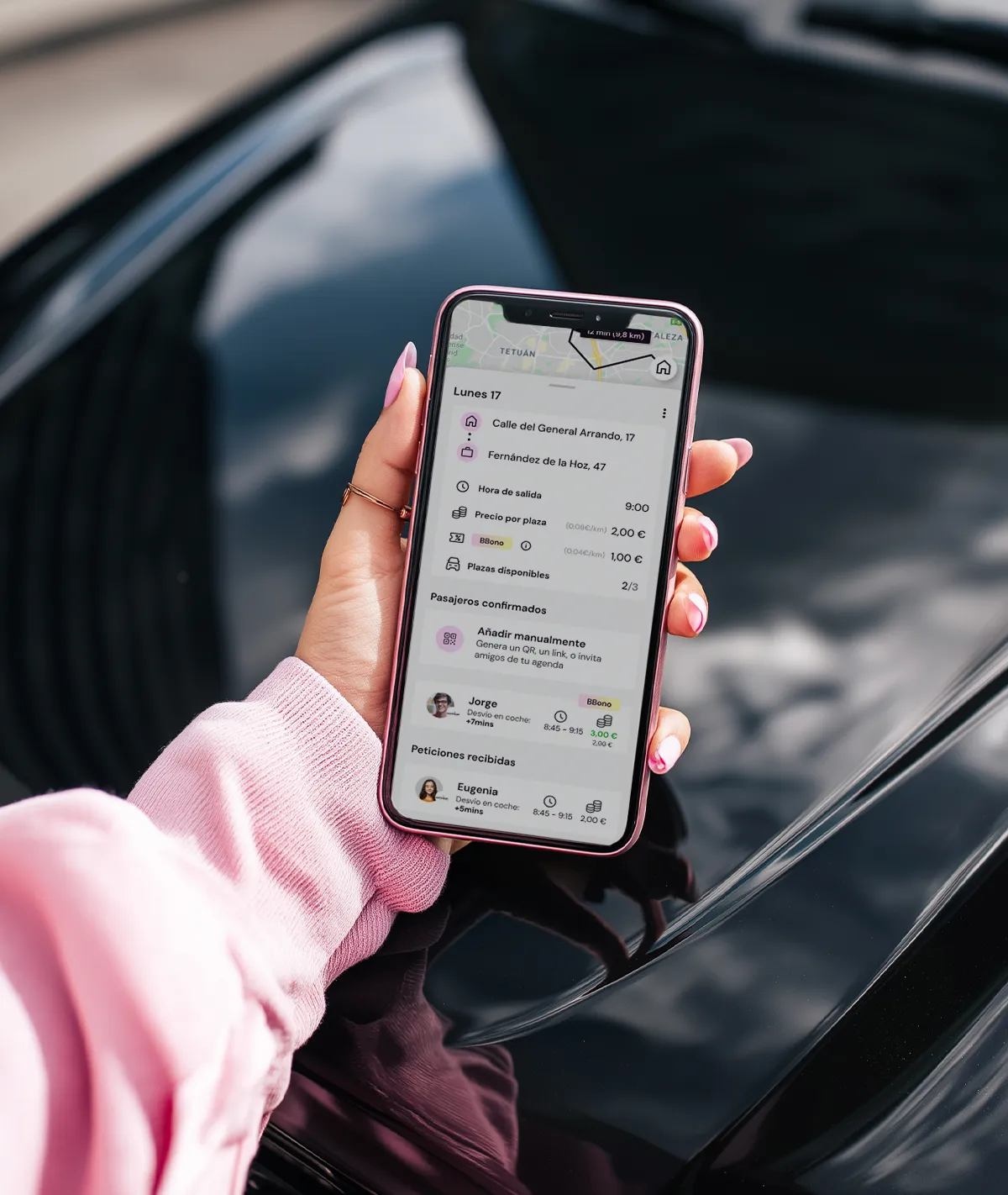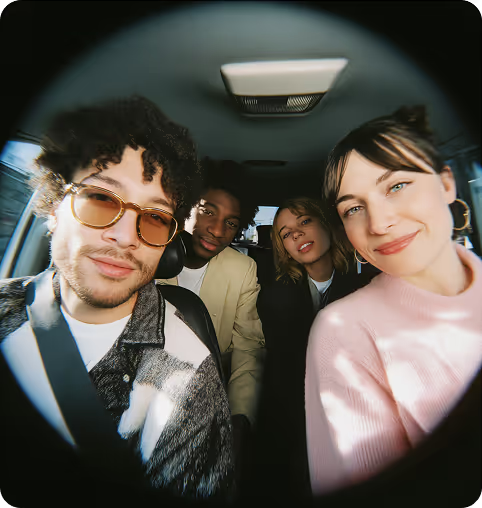Car sharing gains presence after Dana
.jpg)
The startup Hoop Carpool activates its national sustainable mobility program in La Reva, through which more than 200 employees share vehicles and an incentive system that saves up to 500 euros per year.
VALENCIA. In La Reva industrial area, in Riba-roja de Túria, is one of the largest logistics nodes in the Mediterranean arc, but also one of the most collapsed: access problems, the scarce interurban connection and total dependence on private vehicles have been dragging on for years. The last straw came on October 29th, When the Dana It overflowed the Poyo ravine, flooded entire ships and completely collapsed the only way out of the polygon.
“The area depends on a single outlet, which creates bottlenecks in any critical situation“, warns the manager of the Business Association of La Reva (Asocreva), Carlos Peinado, in statements to this newspaper. Although there is a shuttle bus from Valencia and the municipal transport service, RibaBus, connects the urban area with the industrial area, “there are no real alternatives for those who come from other parts of the region such as Lliria, Casinos or Vilamarxant“, says Peinado.
In addition to this structural problem, there is a new actor with a solution that is low cost, easy to implement and return immediately: car sharing. The Spanish startup Hoop Carpool, with more than six years of experience in corporate mobility, has activated in Riba-roja the national program 'Industry on the Move', fully subsidized by the platform itself, which rewards cash to those who share their car to go to work.
“Many people can't afford to own a car and that prevents them from accessing employment in areas such as La Reva,” explains the co-founder of Hoop Carpool, Andrea Garcia, to Valencia Plaza. García also recalls that the occupancy rate in Valencia barely exceeds 1.1 people per vehicle: “Four out of five seats are empty”.
The Hoop Carpool proposal goes beyond simply downloading an application for the mobile phone. Companies that join the program -valued at 15,000 euros-, they receive training, technical support, real-time impact monitoring and a personalized communication campaign to activate their staff. In addition, García adds, “participation is free for both the company and its workers”.
Barely two weeks after its launch, more than 200 employees of the La Reva industrial estate they have shared cars on a recurring basis. Garcia says that more than 11,900 routes by private vehicle and the collective savings in transport amount to 28,000 euros. Along the same lines, the reduction in emissions is equivalent to 45 tons of CO₂, what they would absorb 2,250 trees in one year.
Public Incentives to Overcome Cultural Barriers
Through the Energy Saving Certificates (CAEs) of the Ministry for the Ecological Transition and Demographic Challenge (Miteco), the car-sharing startup financially rewards drivers for each passenger transported. “The savings can exceed 500 euros per year per person,” García points out. The system, audited and traceable, allows energy companies to buy the savings generated by shared trips and that return is shared with the end user.
For his part, Peinado values the initiative positively, although he recognizes that “there is a very strong cultural barrier”, so “it is difficult to reach all companies. People aren't used to sharing cars with strangers.” To combat it, the La Reva business association has held virtual meetings to explain the operation of the program, has sent information circulars to companies and plans new face-to-face events to further promote this tool. “The economic incentive is key to changing mentalities,” Peinado adds.
In parallel, the Riba-roja City Hall collaborates in the dissemination and explores formulas to complement the Hoop Carpool project with its own grants that will make the cost for passengers even lower. Although it has not yet been specified, “political will exists”, they say from Asocreva. The program establishes a competition between companies to encourage participation.
Thus, companies that exceed 10% of the workforce sharing a car will receive a seal of excellence in sustainable mobility and the most active in each industrial estate will participate in a national event in Madrid, where representatives of Miteco and leading companies in industrial sustainability will meet. In this regard, García recalls that this model has already been successfully implemented in firms such as Mercadona, Schneider Electric or Ceva Logistics, where between 20% and 50% of the workforce already shares a car on a regular basis.
One million routes and expansion in the Valencian Community
All in all, Hoop Carpool's forecast is ambitious: Reach one million trips in Spanish industrial areas in the next 12 months. In the Valencian territory, the company is already working with the Federation of Business Parks of the Valencian Community (Fepeval) and entities managing other polygons to extend the initiative to areas affected by Dana or with severe mobility deficits, such as Paterna, Albalat dels Sorells or Meliana.
For now, this sustainable mobility laboratory is located in La Reva, where technology, economic incentives and public-private collaboration seek to solve a problem that is as everyday as it is invisible: How to get to work. While public transport still doesn't cover most interurban journeys, carpooling is emerging as an “immediate and realistic” alternative.



